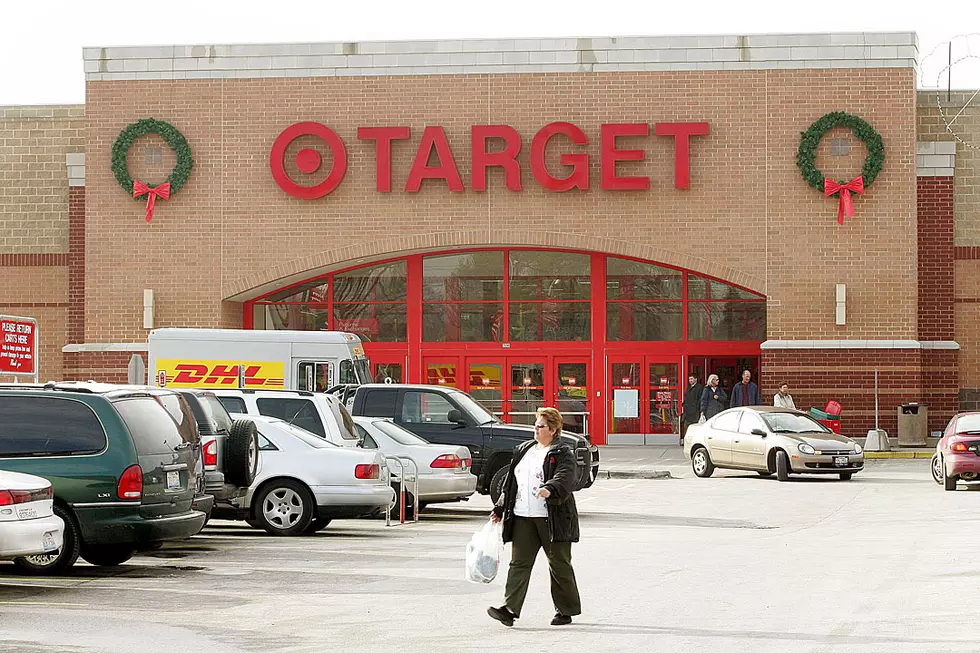
Death Spiral: Trying to buy customers
I subscribe to a service that reporters, who write for national newspapers and magazines use, to find quotable sources for stories. One such inquiry was the genesis for this post. The reporter was looking for stories on how the economic climate was forcing businesses to alter their business models.
How were businesses reducing prices and using other profit cutting measures to bring in customers? I thought it was important to hit this erroneous way of doing business head on, before businesses begin to accept it as a normal recession marketing tactic.
The Customer’s Are Still Out There
The first point I want to cover is the myth that the customer is cowering in a corner of their basement, terrified to emerge and spend any money. That the only way to nudge them into the purchasing sunlight is to entice them with bargains and giveaways. A bargain is only a bargain, when it’s a bargain for everyone involved in the sale. A retailer gets a good buy on widgets and passes it on to his customers. But, as he is passing those savings on, the customer is informed that this is the exception, not the rule.
In the past 102 business quarters, personal expenditures were negative in only three of those quarters. In case you are not clear on this timeframe – that’s over 20 years. Or to put it another way – in the past 7,300 days customer spending was negative in only 270 days. Customers are out there and they are still buying products and services.
Sticky Pricing
You may have heard the term in the news recently. It means that higher prices “stick” around to help the business owner recoup some of the losses from things like higher gas prices which inflated prices to a higher level than he or she could pass on to their customers. As the price of gas comes down the shelf prices at your local store will come down more slowly than they went up.
What Happened to Quality and Service?
Owenhouse Ace Hardware has been in business in Bozeman for over 125 years. They started before electricity, or the automobile, or air travel. They have survived a depression, nine recessions, 10 wars, plus countless employees and managers over the years. Yet if you ask almost any local citizen, “Who has the best customer service in Bozeman?”— More than likely you will hear the Owenhouse name.
So I suppose, that when times get tough, after all their hard work of providing, not only quality service, but quality products as well, they should just put the whole store on sale and dilute both their brand name and their products. Why not go all the way. Just change the name to “Owenhouse Discount Hardware?”
Buying the Business Is Just Plain Lazy
When times are good and the cash is rolling in business owners just let the economic current carry them along. But sooner or later rapids appear and you have to do some actual rowing and maneuvering around the rocks and hazards that are fast approaching.
It would have helped if you had paddled all along. Gained some experience in how the boat handles in all types of water. Businesses should always be operating as if the doors where ready to close and the For Lease signs were going up. The time to learn marketing and advertising is when you don’t have to. Those are the tactics that will see you through the tough times, not buying the business with sales and gimmicks.
How long are you going to operate that way?
There is a term in business called “positioning.” It means that if I mention a product a company or brand name will pop into your head. For example, if I said soup you might say Campbell’s. If I said computer, you might say IBM. The customers of a business have a perception, in their mind, as to what your business is, and how it operates.
If you suddenly change messages in midstream, it sends a confusing message to your customers. Now, they have no idea who you are. When times improve are you going to change back to the old way of doing business? What are your customers supposed to think then? “What happened to all the sales and low prices?”
Every minute of every day someone needs your products or services. And the price of that product or service is way down the list of concerns they have. They are more interested in, “How soon can you heal my pain?” “Solve my problem?” “Make things right again?” Those are the customers you should be cultivating and nurturing in your business. Why not make it a point to “NOT” participate, if and when, recessions arrive?
More From KMMS-KPRK 1450 AM









